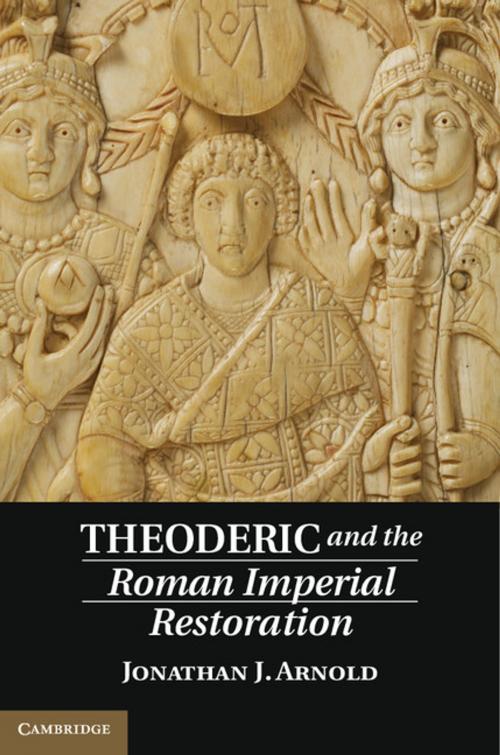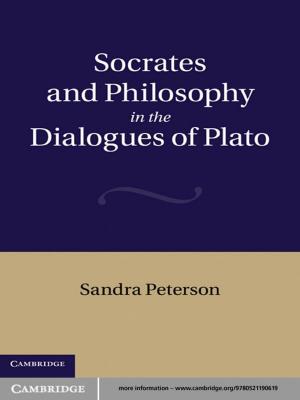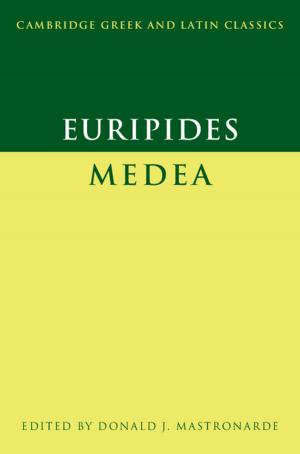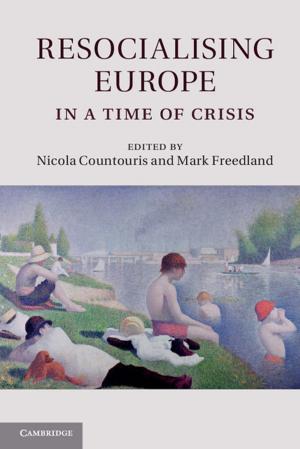Theoderic and the Roman Imperial Restoration
Nonfiction, History, Ancient History, Social & Cultural Studies, Political Science| Author: | Jonathan J. Arnold | ISBN: | 9781107721203 |
| Publisher: | Cambridge University Press | Publication: | February 24, 2014 |
| Imprint: | Cambridge University Press | Language: | English |
| Author: | Jonathan J. Arnold |
| ISBN: | 9781107721203 |
| Publisher: | Cambridge University Press |
| Publication: | February 24, 2014 |
| Imprint: | Cambridge University Press |
| Language: | English |
This book provides a new interpretation of the fall of the Roman Empire and the 'barbarian' kingdom known conventionally as Ostrogothic Italy. Relying primarily on Italian textual and material evidence, and in particular the works of Cassiodorus and Ennodius, Jonathan J. Arnold argues that contemporary Italo-Romans viewed the Ostrogothic kingdom as the Western Roman Empire and its 'barbarian' king, Theoderic (r.489/93–526), as its emperor. Investigating conceptions of Romanness, Arnold explains how the Roman past, both immediate and distant, allowed Theoderic and his Goths to find acceptance in Italy as Romans, with roles essential to the Empire's perceived recovery. Theoderic and the Roman Imperial Restoration demonstrates how Theoderic's careful attention to imperial traditions, good governance, and reconquest followed by the re-Romanization of lost imperial territories contributed to contemporary sentiments of imperial resurgence and a golden age. There was no need for Justinian to restore the Western Empire: Theoderic had already done so.
This book provides a new interpretation of the fall of the Roman Empire and the 'barbarian' kingdom known conventionally as Ostrogothic Italy. Relying primarily on Italian textual and material evidence, and in particular the works of Cassiodorus and Ennodius, Jonathan J. Arnold argues that contemporary Italo-Romans viewed the Ostrogothic kingdom as the Western Roman Empire and its 'barbarian' king, Theoderic (r.489/93–526), as its emperor. Investigating conceptions of Romanness, Arnold explains how the Roman past, both immediate and distant, allowed Theoderic and his Goths to find acceptance in Italy as Romans, with roles essential to the Empire's perceived recovery. Theoderic and the Roman Imperial Restoration demonstrates how Theoderic's careful attention to imperial traditions, good governance, and reconquest followed by the re-Romanization of lost imperial territories contributed to contemporary sentiments of imperial resurgence and a golden age. There was no need for Justinian to restore the Western Empire: Theoderic had already done so.















